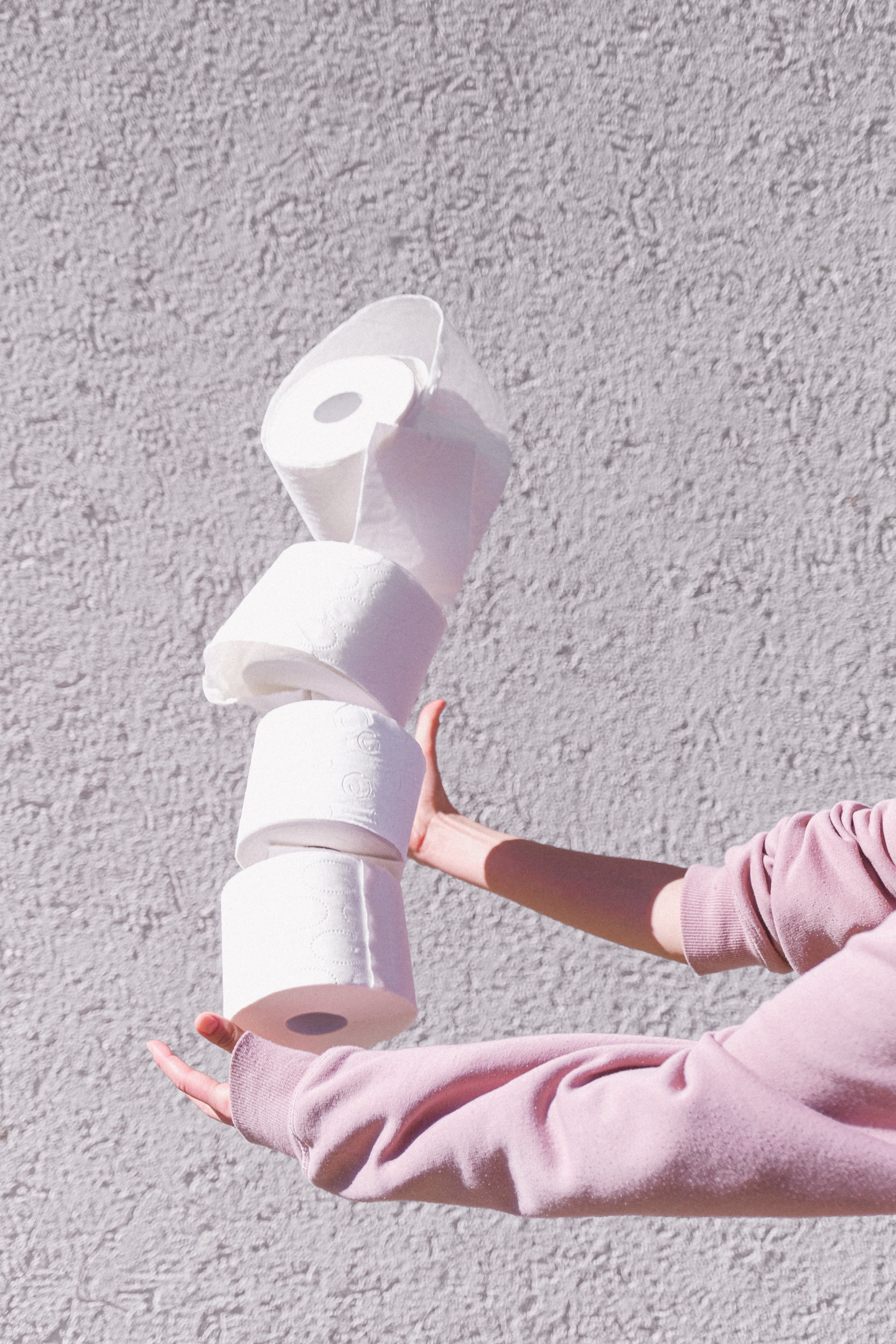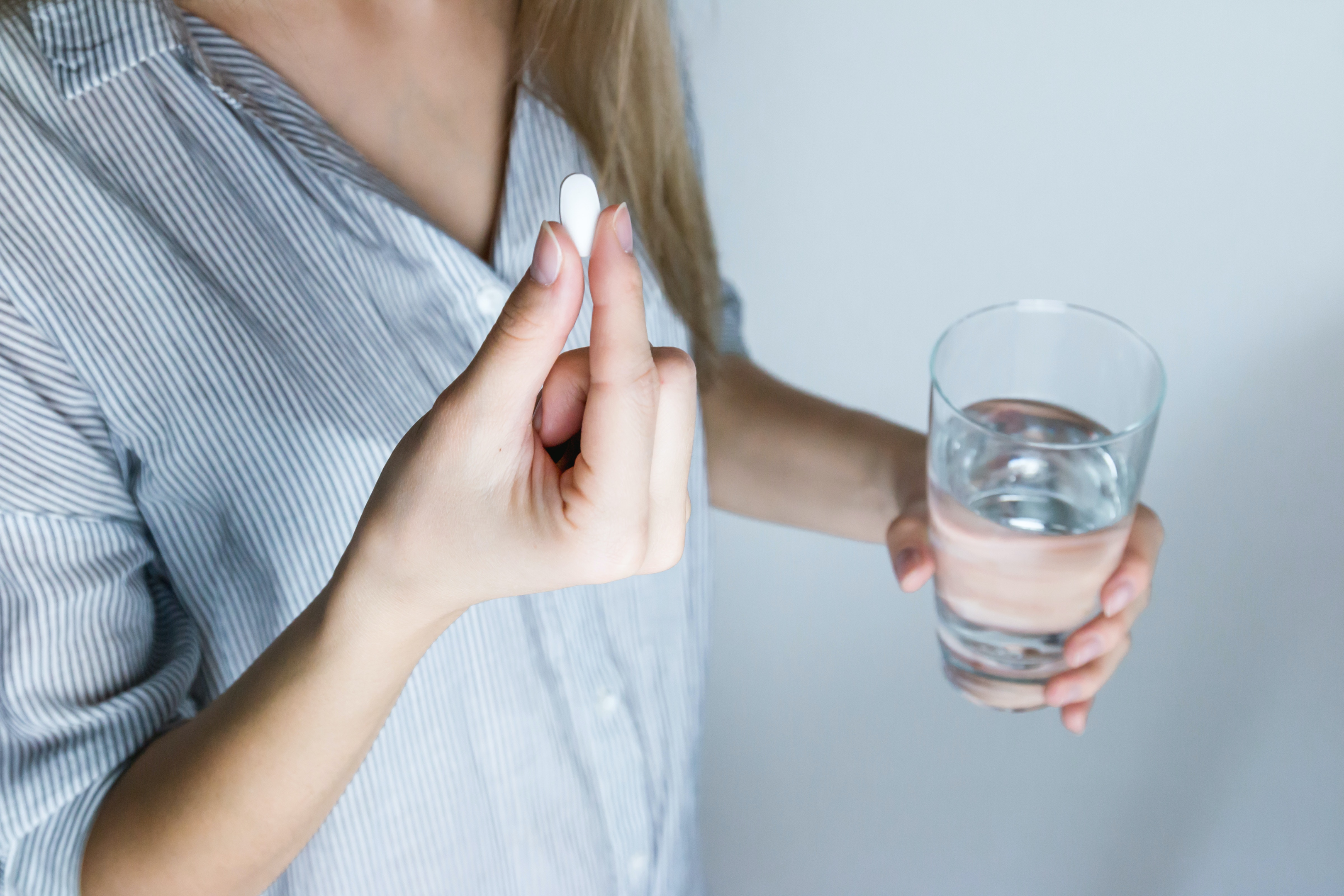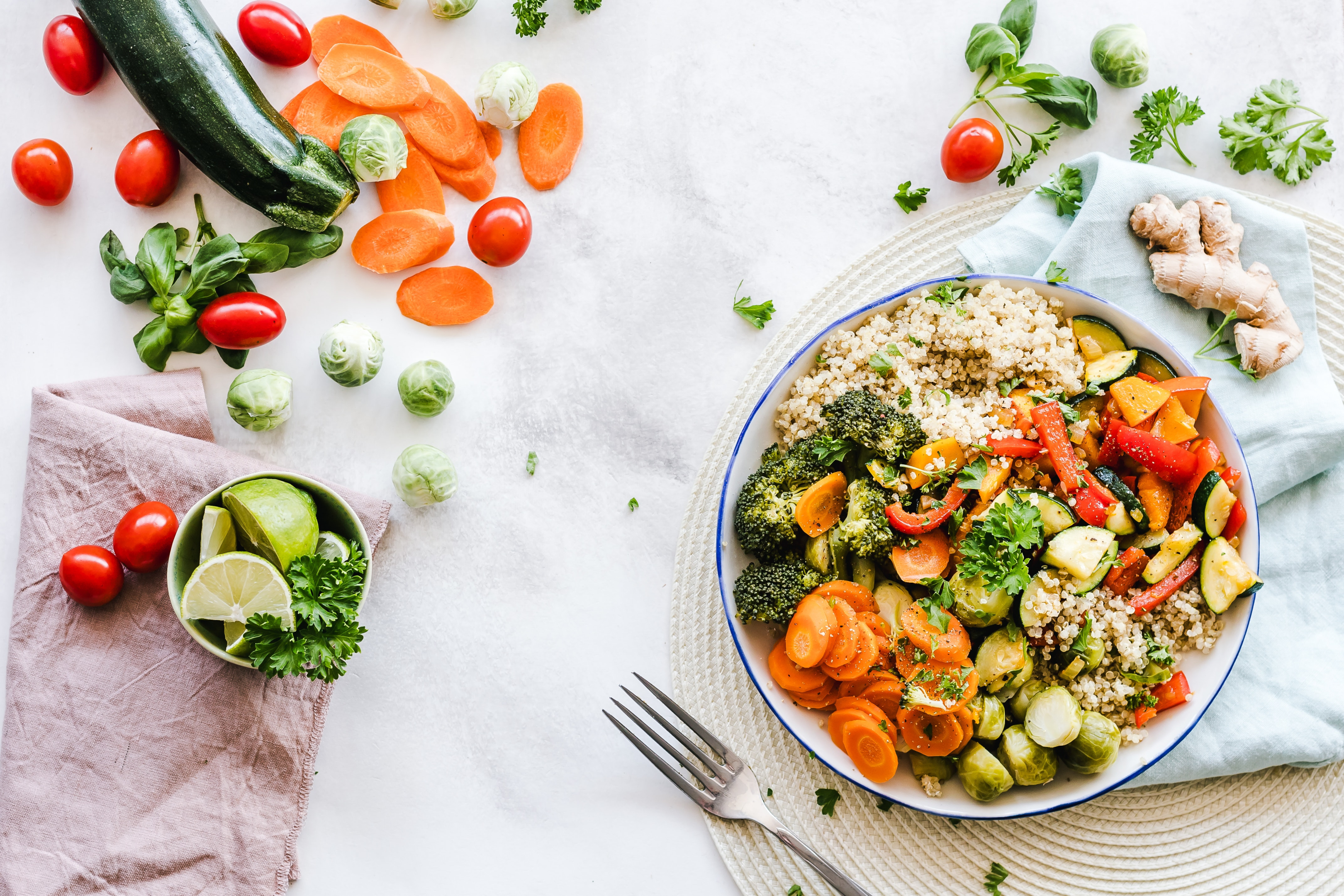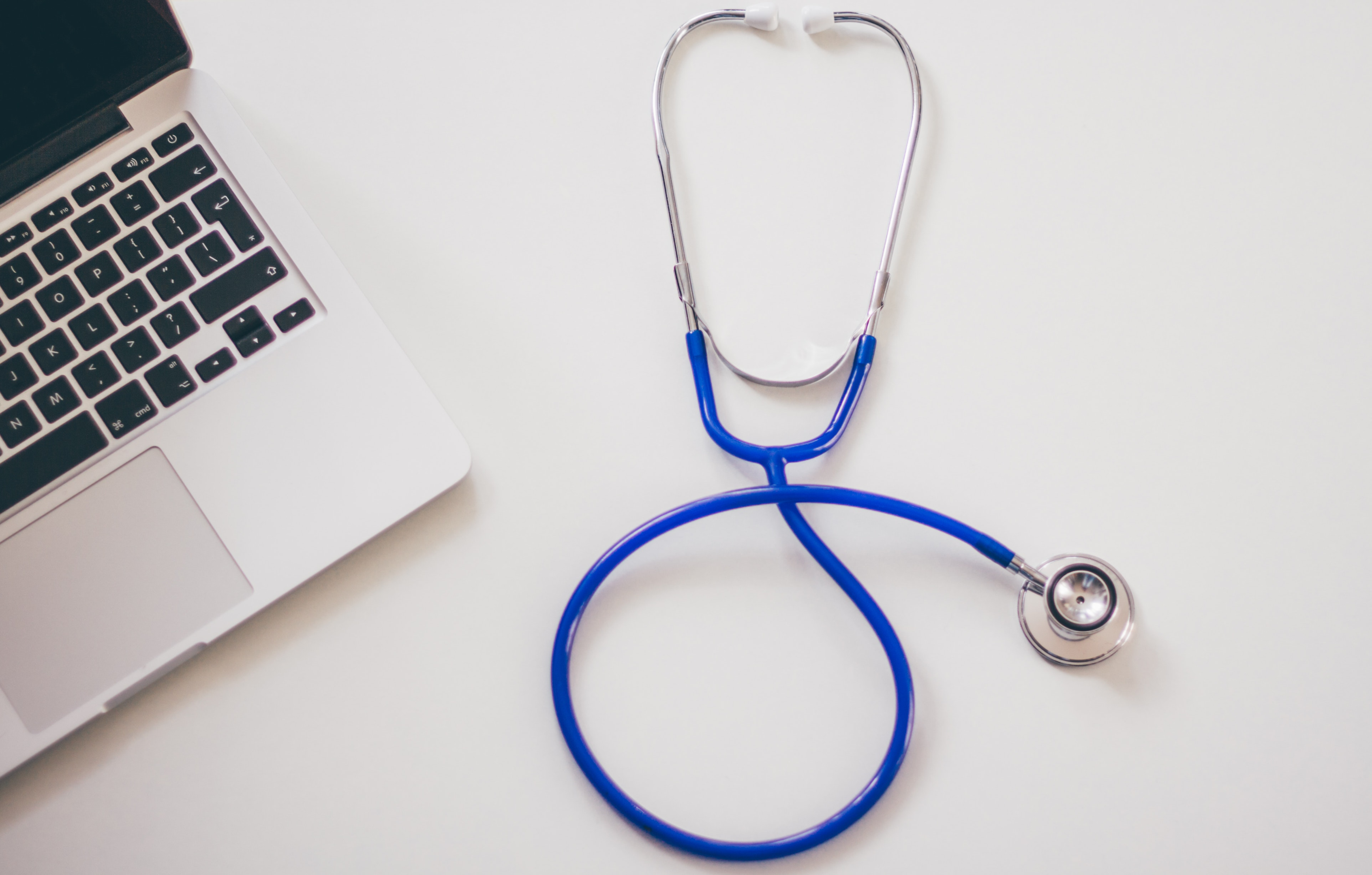Probiotic usage is at an all-time high, and for all good reasons.
From taking care of yourself to ensuring your body can prevent diseases like Irritable Bowel Syndrome, there are a lot of use cases for probiotics, whether you decide to consume probiotic-rich foods or take probiotic supplements.

Though, these statements aren't said without a fractal basis. Studies claim that more than 93% of general physicians have patients taking probiotics to combat constipation and bowel syndrome.
But there's often a question we've seen asked a lot, and it's do probiotics make you poop? or more commonly, should they make you poop?
The short answer is yes. Probiotics can make you poop. However, it's important to understand the factors behind it and how probiotics can affect your pooping mechanism so that you can use them for the best of your health.
To make it even easier for you, we’ve covered everything below, and we promise you, by the end of this guide, you’ll have a strong grip on how probiotics work and whether or not they’ll make you poop (healthily, that is).
So if you're ready to take control of your digestion and say goodbye to constipation, read on!
Table of Contents
- Probiotics and Gut Health
- The Pooping Mechanism Explained
- How Probiotics Regulate Bowel Movements
- Foods That Promote Probiotic Bacteria Growth
- Do Probiotics Make You Poop?
- What are the signs that probiotics are working
- How Long Until Probiotics Make You Poop?
- Improving The Digestive System’s Overall Balance
- When To Seek Help
- Summary
Probiotics and Gut Health

Let's start with what probiotics are for the ones new to the game. In essence, your gut, or your gut microbiome, is home to billions of bacteria units, which are both good and bad for your digestive system.
Your gut health is disrupted, which leads to problems like constipation when there's an imbalance in the good and bad bacteria that enrich your gut microbiome, or more specifically, when there are more bad bacteria than good bacteria.
And that, folks, is where probiotic supplements come in. These supplements, filled to the brim with healthy bacteria, have a single goal, and it's to enrich the gut bacteria and bring health benefits that will set your gut straight and, as an added, your bowel movements running smoothly (we’ll talk more about this later on).
The Pooping Mechanism Explained
The body is built perfectly to excrete the waste material at the right time, and the gut microbiome and the balance of good and bad bacteria play a big role in this process, all the way until the poop reaches your rectum.
However, like all things, this process demands care and attention.
If this balance of probiotic bacteria is thrown off its optimal levels, you’ll have trouble pooping or, in some cases, have trouble stopping it.
It’s also worth noting that according to studies, there are roughly 100 trillion different microorganisms that are present in an average human's gastrointestinal tract.
Though, in a normal setting, there are a lot of foods that we eat, especially fermented foods like yogurt, that have probiotic bacteria in them.
These foods allow your gut health to be replenished and taken care of, which is why most people don't have to worry about problems like Inflammatory Bowel Disease, Constipation, Diarrhea, and so on.
However, if problems get worse, a probiotic supplement comes in. Let us explain how they regulate your pooping mechanism.
How Probiotics Regulate Bowel Movements
Bowel movements and gut bacteria go hand in hand, and there have been numerous studies that explain how a probiotic supplement with a good delivery system can efficiently prevent a lot of different diseases, establish bowel regularity and improve stool consistency.
In addition to that, probiotics have been widely linked to support digestive health in patients, and counter a lot of different problems that include Inflammatory Bowel Disease, chronic constipation, diarrhea, bloating, and more.
Some of the most common problems that probiotics can help you counter are explained as follows, giving you an in-depth insight into how probiotic supplements can help you achieve healthy gut flora.
Reduce IBS Symptoms
Irritable Bowel Syndrome has been a problem in the US for a long time, with statistics showing that up to 15% of the population is affected by it.
It's a more common disease in women than men and brings problems like cramps, excessive bloating, trouble pooping, and lifelong digestive issues.
Though studies in this sector, especially regarding when it comes to IBS and probiotics, are still limited, it’s been widely concluded that probiotic supplements can greatly reduce IBS symptoms, depending on the probiotic strains that are included in your probiotic supplement.
Fight Constipation
Constipation is a problem that has a wide range of different triggers, which can range from one end of the spectrum to the other. However, probiotic strains like Lactobacillus rhamnosus and Bifidobacterium lactis are widely known to cater to this problem.
The reason probiotic supplements help in this case is that they promote things like fatty acid production, as well as lower the pH of the colon. These combined things promote peristalsis to be healthily performed, which can clear up problems like constipation.
Increase Metabolism Rate
The beneficial bacteria in probiotics help to break down food in the gut, improving digestion and allowing for better absorption of nutrients. This process, called fermentation, produces short-chain fatty acids, which help to regulate the body’s metabolism.
By increasing the efficiency of digestion, probiotics can help to increase the rate of metabolism. The good bacteria in probiotics can also help increase energy levels, further boosting metabolic rate.
This is because the bacteria help to break down the food more efficiently, providing more energy to the body. The energy produced by the bacteria can also be used to help with exercise.
Foods That Promote Probiotic Bacteria Growth

It's worthwhile knowing that, yes, a high-quality probiotic supplement can put you on the track to set your digestive tract straight, but it's not the only method.
Capsule and power-based probiotic supplements would always be considered as a last resort.
In nature, there are a lot of foods out there, which we call probiotic-rich foods, that do the same job as a probiotic supplement, and if you make your diet balanced and healthy enough, you won't need external supplements.
Some examples of these foods include, but are not limited to:
-
Yogurt
-
Fermented foods (pickles, kimchi, etc)
-
Buttermilk
-
Miso soup
-
Cheese (Specifically cottage cheese)
Adding these probiotic-rich foods to your diet can, and most often does, turn around your digestive disorders, and put you on the path to a happy, poop-problem-free life.
Do Probiotics Make You Poop?
Well, they’re supposed to. That’s the answer to whether or not probiotics make you poop. In short, for most people, probiotics solve the problem of constipation, which means getting the ball rolling, and probiotics help people achieve that.
Probiotics don't target just the poop problem specifically, as that would make them a laxative. Instead, these supplements help people achieve healthy gut flora and regular bowel movements, preventing problems, diarrhea, and constipation.
So whether you’re having trouble pooping or having a hard time stopping yourself from going to the bathroom, probiotics will work to achieve a healthy balance.
What are the signs that probiotics are working

Most medicines are judged, for their efficiency, when the symptoms start to wear down, and for the most part, it’s the same for probiotics.
However, since the gut is responsible for many different things, from regulating bowel movements to your mental health, there are a bunch of different aspects to see whether your probiotic is working for you.
As a general rule of thumb, here’s how you can tell if the probiotics are working:
-
Reduced inflammation
-
Improvement in mood
-
Gradual improvements in immunity
-
Boosted energy levels
-
Healthy balance for sugar cravings
We’ve also made an exhaustive guide for the newbies out there to know for sure if their probiotics are working for them, available here.
How Long Until Probiotics Make You Poop?
It varies according to the person, and what your gut health condition is. For some people, probiotic effects can start to take place as soon as 1-3 days, while on the other hand, it can take a few weeks for someone to notice changes in their bowel movements.
However, suppose you’re new to taking probiotics. In that case, chances are that probiotics will make you poop immediately, as they rebalance the gut flora and aim to improve mucus production, which leads to instant pooping in some people.
Improving The Digestive System’s Overall Balance
Your digestive health is the ultimate wealth and essential for overall well-being and quality of life. This system of organs is responsible for churning up food and simplifying it into nutrients absorbed and used by the body.
Though poor digestive health has remedies like probiotic supplements and more, it’s important to know that you must couple these with a healthy and balanced diet and remove food items like processed foods and high alcohol consumption to achieve the digestive health you want.
This involves establishing a balanced diet, avoiding processed and refined foods, consuming various fruits and vegetables throughout the day, and keeping your water intake levels high.
Eating slowly and chewing food thoroughly can also help the digestive process.
Additionally, getting regular physical activity and managing stress levels is essential, as stress is one of the biggest causes of prolonged IBS.
When To Seek Help

Most probiotic supplements don't have any harmful side effects, so it's okay (in most cases) to select a high-quality probiotic supplement and use it to cater to your digestive problems.
However, if you have serious digestive issues, taking a probiotic won't solve anything.
It's important to know what your body can and can't handle before taking supplements like these, which is why you might want to seek professional help, especially if you're a sensitive-gutted person.
Additionally, you need to seek a doctor's advice before using probiotics if you exhibit the following indications:
-
Intense and persistent nausea
-
Bloody stools
-
Severe abdominal pain
-
Frequent and high fevers
-
Black/tarry stools
Summary
Probiotics are becoming more and more famous, and while we suggest taking these supplements to support your digestion and get your health back on track.,
Make sure you’re carefully choosing your supplements, and ensure that you don’t have any underlying disorders or conditions that might be negatively affected by an increased intake of probiotic foods and supplements.

